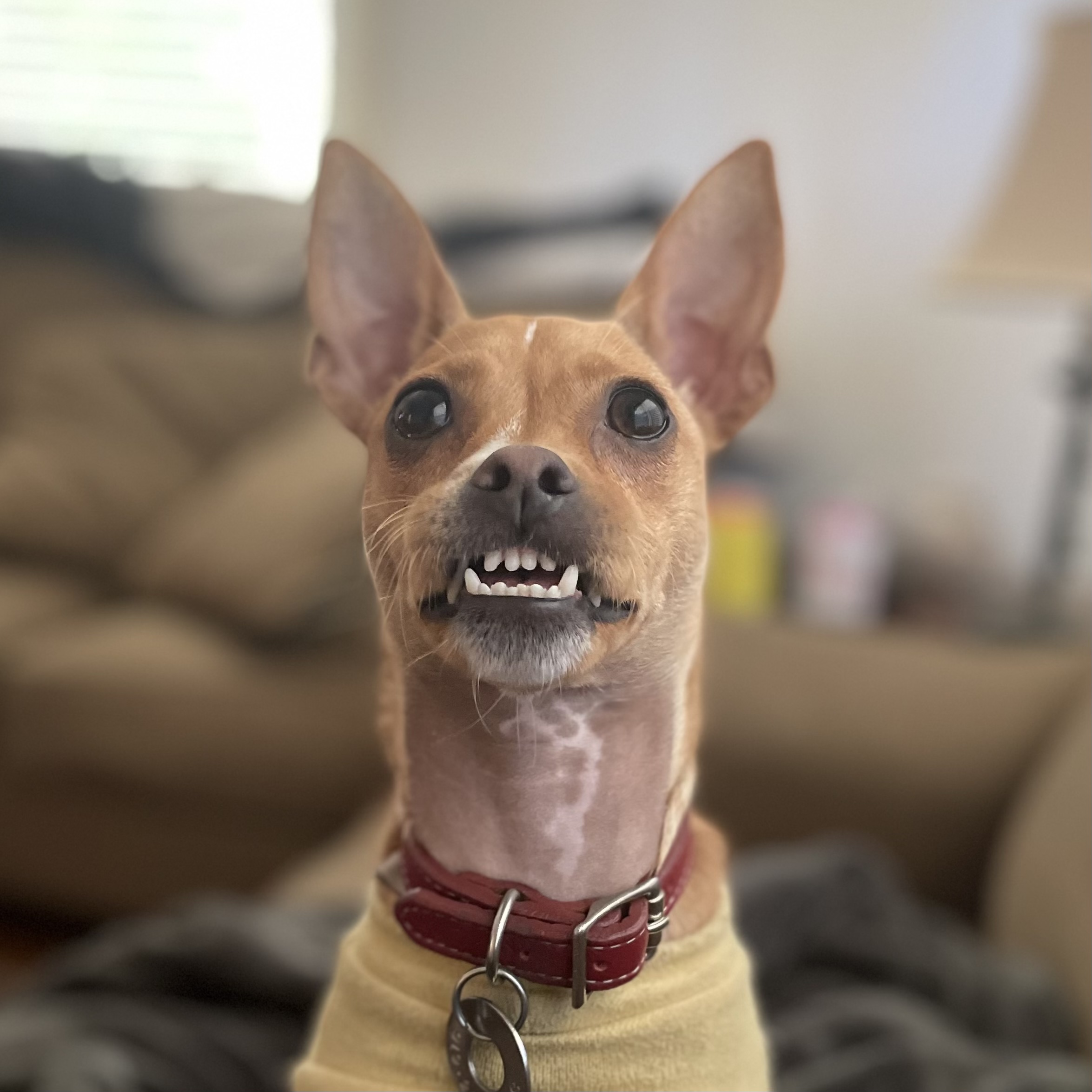So are we going to like, do something about it?
Nah, because that would involve the slightest reduction in personal freedom which as we all know is a fate not only worse than death, but worse than hellfire itself.
What? Are you suggesting I drive a smaller truck just to help other people? Are you saying I crash into people? I need that giant truck! Do you know how much I haul and tow every day?! I mean, I don’t, I commute back and forth to work every day in it, but I need to do that. My coworkers see that truck next to their cars and think “Damn, that guy drives a Truck”. Maybe if they see how big of a truck I drive it’ll make up for the crippling social anxiety I have that I just keep pushing further and further down, maybe it’ll make up for not getting that promotion I worked for. Now they’ll have to notice me. So no, you aren’t taking away my F350 Mega Macho Man-Manliness Super Truck. How else will people know I’m a man?
Which is why we call them ESTs. Emotional Support Trucks.
Oversized and/or overpriced cars owned by men are also often referred to as “compensators.”
Even bigger trucks?
Geez really? I had no idea that pedestrians were so careless, what is it about larger trucks that makes people jump out in front of them.
I like to see things as an opportunity, and I think we can use this as a lesson to do things differently. Like, let’s make trucks louder so you hear them before you see them. More Turbo, and how about vertical tail pipe stack. Next we can increase the number of lights, and make them brighter so that everyone can see. Let’s add more cameras and computers so the driver can see their blind spots simply by looking at the command console screen. We can even make these features available for free for a small amount of non invasive advertising.
Do you remember how trains solved the problems of cows derailing trains. They put a guard on the front. So let’s make an even bigger steel bumper.
Hey, ur downvotes tell me u dropped this: /s
Safety on the road has been improved so far by having public orgs and governments pressuring companies with regulations. Without them there would be no seatbelts and dashboards might still be dotted with stylish pointy metal spikes.
Unfortunately safety regulations have solely focused on the occupants of the concerned vehicle. It follows that any feature that protects the occupant at the expense of everyone else is still measured as a net positive. Ultimately this is leading to an arms race.
Vehicle safety needs to expand to the other side of the windshield.
Vehicle safety needs to expand to the other side of the windshield.
I would take it further and day that regulations should prioritize the safety of the people outside the vehicle over the people inside, for the simple reason that the people buying the vehicle already have a strong incentive to maximize their own safety, while they currently have zero concerns about the safety of pedestrians.
Pedestrians, on the other hand, don’t have the freedom to choose which vehicle runs them over, so it is up to regulations to advocate for them because nobody else will.
I’ve legit heard people say things along the lines of “The largest SUV or trucks are safer for Americans because it can hold up better in a collision with deer which we have a lot of.” (Because apparently large wildlife aren’t common anywhere at all in the rest of the world.)
They have a point though, and they’ll hold up especially well against a specific, extremely common subspecies of deer called “humans.”
This is the best summary I could come up with:
American car buyers can’t get enough big, tall SUVs and trucks — but new data suggests that the downsides of this trend are growing increasingly deadly.
It also comes at a time when the auto industry is embracing bigger, more brutish designs for its SUVs and trucks, reasoning that these vehicles are safer for drivers in the event of a crash.
There have been numerous studies and investigations examining how tall, flat-nosed trucks and SUVs are more likely to cause serious injury and death when they hit pedestrians.
Larger bodies and higher carriages mean pedestrians are more likely to suffer deadly blows to the head and torso, as opposed to the legs when struck by a shorter vehicle.
And front blind zones associated with large trucks and SUVs have contributed to the injury and death of hundreds of children across the country, studies have shown.
Recently, NHTSA said it would update its New Car Assessment Program (NCAP), also known as the five-star safety rating, to include advanced driver-assistance system features like automatic emergency braking, blind-spot detection, and lane-keep assistance.
The original article contains 708 words, the summary contains 179 words. Saved 75%. I’m a bot and I’m open source!
like my dad always says: the best truck is one that sits in your driveway.







